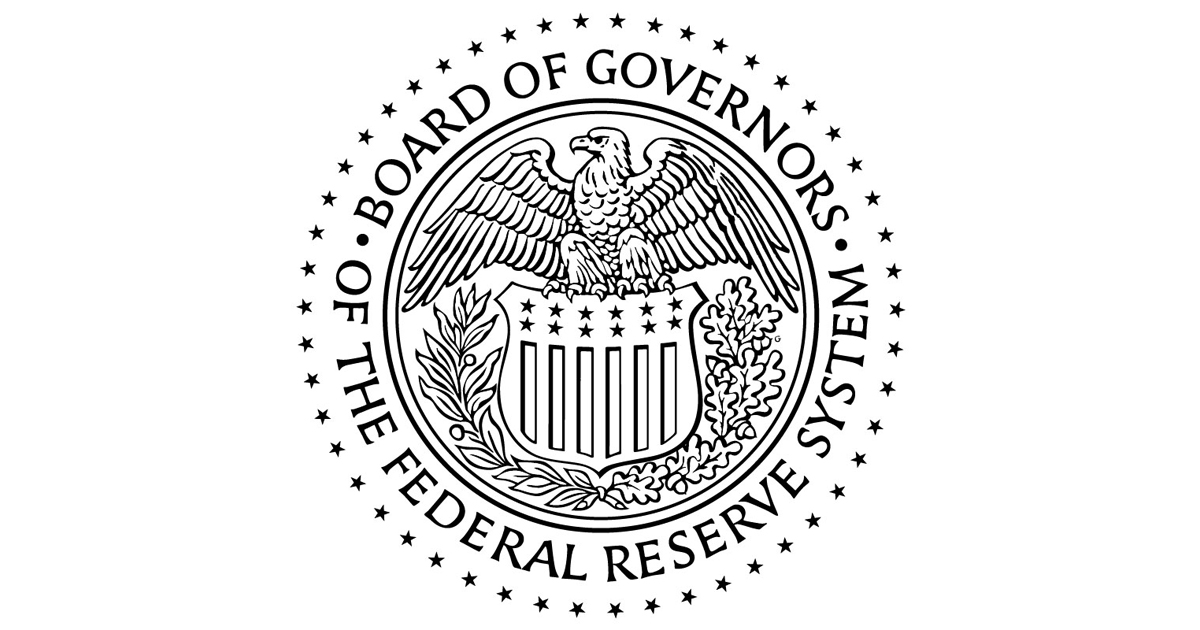For those who are not inclined in the news, The FOMC or Federal Open Market Committee is a branch of the Federal Reserve, the central bank of the United States, responsible for overseeing the nation's open market operations, which involve the buying and selling of government securities. The FOMC plays a critical role in guiding monetary policy, primarily to manage inflation, influence employment, and stabilize the economy, the dual mandate that Congress had given to the central bank from the Federal Reserve Act of 1913.
The committee's policies then influence their decisions into increasing or decreasing what is called the Federal Funds Rate, which is the interest rate at which depository institutions, like banks and credit unions, lend reserve balances, or repurchase agreements, to other depository institutions overnight. The FOMC sets a target range for this rate, which serves as a benchmark for other interest rates in the economy (i.e Mortgage Rates, Personal Loan Rates, High-Yield Savings Accounts).
The General Goals of the FOMC.
When the FOMC meets together and reviews economic data, they make decisions based on the reported data of the material conditions of the US Economy and the stock market. If inflation goes over their 2% goal, they raise the Federal Funds Rate, borrowing costs increase, which can slow down economic activity and help control inflation.
But if inflation goes down, or unemployment goes up like in the latest jobs report that was released a week ago that made the news, then they lower the rate, resulting in cheaper borrowing costs for individuals and businesses, encouraging spending and investment, which can stimulate economic growth.
For more information on the Federal Reserve or are slightly curious on how it influences you, you can click below to see their website:

Featured Posts:








